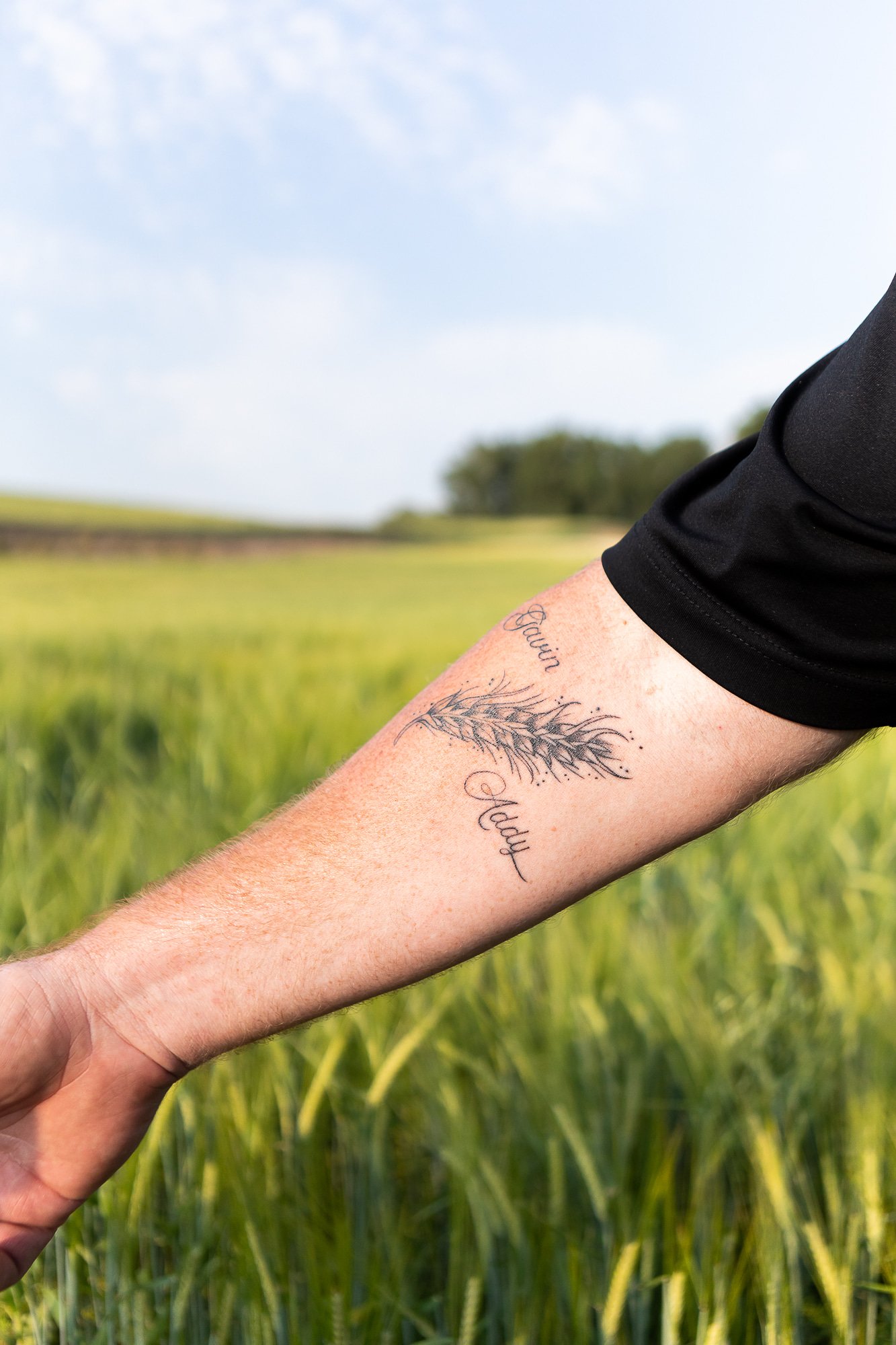Discover Spokane Riverkeeper
Photo Courtesy of Spokane Riverkeeper
Discover Spokane Riverkeeper: a Local Nonprofit Working to Keep Our Waterways Healthy
BY COLETTE BUCKGlancing at a map of the Inland Northwest, you’ve likely noticed a plethora of lakes, rivers, and streams carving their way through the landmass we call home–– the Great Columbia River Basin.
Formed by prehistoric lava flows and the events of an ice age, the Basin contains 2,500 square miles of waterways and lakes that feed into 219,000 square miles of drainage space across seven western states. At the heart of our region lies the Columbia River and its tributaries that first provided abundant natural resources to the Indigenous Tribes who have called this region home for tens of thousands of years.
These bodies of water now help nurture the more than 15 million people living in the Pacific Northwest and generate more than $1 trillion in annual gross domestic product. Here we find the Spokane Riverkeeper, a nonprofit organization protecting our waterways for current and future generations to enjoy.
First formed in 2009 through the now-defunct Center for Justice and local lawyers “fed up with polluters abusing the Spokane River,” the Spokane Riverkeeper organization has remained steadfast in its efforts over the last decade. The organization’s action wrap sheet includes spearheading litigation against environmental regulatory agencies and water polluters, engaging community members in outreach programs, and prioritizing partnerships with area Indigenous Tribes to support their conservation projects.
“Probably the lawsuit that put us on the map in my tenure…was a 2015 piece of litigation against the EPA…over the cleanup of Hangman Creek,” Waterkeeper and Spokane Riverkeeper Executive Director Jerry White, Jr. said. “(The litigation) was the first to designate the basin as a high-priority watershed in the State of Washington, so it’s funneling all sorts of money, millions actually, for cleanup operations on the ground.”
That specific litigation helped restructure a cleanup plan to include planting trees and providing funds to support more water and soil-friendly agricultural practice reforms, and that partnership still exists today.
“The other one was the water quality standard for toxic (Polychlorinated biphenyl). That’s all about edible fish,” White said. Polychlorinated Biphenyls are cancer-causing pollutants introduced into ecosystems and waterways from industrial manufacturing before 1979.
“Those toxins bioaccumulate in fish, and the previous water quality standard for PCBs in Washington State was not protecting the populations of people that eat a lot of fish in our state. With that piece of litigation, the science now says we are protecting 95% of (that) population," White said.
While the organization remains focused on its litigation efforts, a second arm of the nonprofit supports community engagement through community science programs that check the health of the Spokane River and cleanup events that keep it healthy.
Citizen scientists can pick up testing equipment and take water samples near the confluence of Hangman Creek and the Spokane River to track sediment levels from the Palouse. According to the EPA, sediment pollution can disrupt the natural food chain within a river by “destroying the habitat where the smallest stream organisms live and causing massive declines in fish populations.”
“It’s an enormously popular and well-built community outreach program, so it’s an opportunity for community scientists to come down to the river and take those samples,” White said. “It’s been a wonderful way for community members to understand and get in touch with the river.”
Spokane Riverkeeper also has a summer crayfish monitoring program that measures mercury concentrations in the invertebrates and what it means for the health of the Spokane River. White said the program could potentially expand to track other potential pollutants.
If gathering water and crayfish samples isn’t your style, White invites any water-conscious community member to sign up for an upcoming Earth Day Litter Pickup event at High Bridge Park on April 22 in partnership with the Spokane River Forum. The event runs from 10 a.m. to 1 p.m., and the Spokane Riverkeeper will provide gloves and bags to volunteers.
“There’s a homelessness outreach program that’s…associated with that program,” White said. “When we’re out on the river, we’re encountering all kinds of people who are no longer indoors; they’re outdoors and taking refuge on the riverbanks. So, we have a program where we put Spokane Neighborhood Action Programs ashore, sometimes on boats, to talk to people and offer services, and then we hand out garbage bags and pick those garbage bags up.”
Last year, volunteers removed 4,600 pounds of litter from the Spokane River and Hangman Creek. If you can’t make it on Earth Day, Spokane Riverkeeper has three other cleanup events throughout the year, along with private cleanups and do-it-yourself cleanups.
Some ways to contribute to Spokane Riverkeeper watershed advocacy and conservation efforts that don’t involve getting your hands dirty to include donations and sponsorship opportunities. For more information, you can head to Spokaneriverkeeper.org.





























